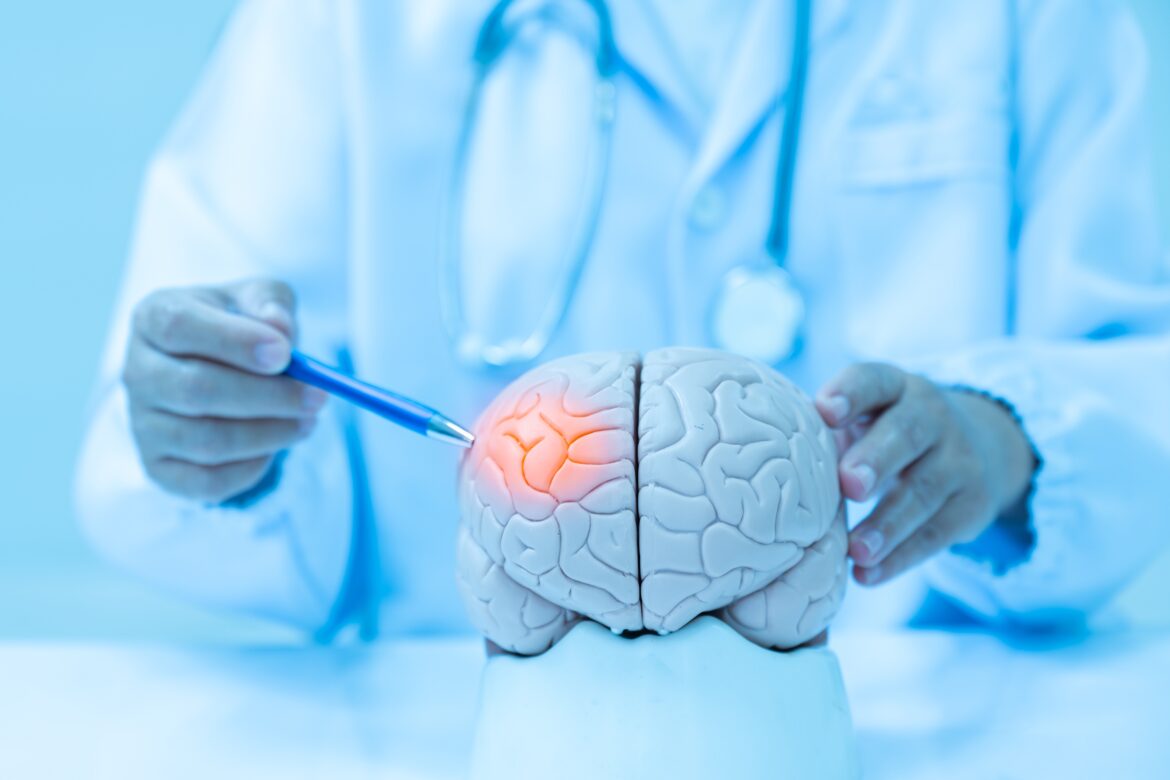Traumatic brain injury (TBI) frequently results in cognitive impairments and asthenia (chronic fatigue), which can severely impact daily life. Recent advances in treatment focus on using nootropic and neuroprotective agents to address these challenges. These treatments significantly enhance cognitive functions like memory, attention, and motivation while reducing emotional instability. After four weeks of therapy, patients have shown marked improvements in mental agility and reduced fatigue.
The individualized approach to therapy is crucial for optimizing outcomes. Each patient’s recovery path may vary depending on the severity of the injury and associated factors. Clinical studies have demonstrated that these therapies can help patients regain cognitive flexibility, leading to increased productivity, emotional resilience, and a higher quality of life.
The safety of these therapies is also noteworthy. Few side effects have been observed, making them suitable for long-term use in TBI rehabilitation. The positive impact on both cognitive and emotional functioning can halve the instances of clinically significant mental fatigue and low motivation.
The latest approaches in treating post-traumatic cognitive impairments focus on improving cognitive functions such as attention, memory, and motivation, while also addressing asthenia (chronic fatigue) that often accompanies TBI recovery. Key therapeutic strategies involve the use of nootropic and neuroprotective medications that help accelerate recovery by enhancing neural activity and stabilizing brain function. The goal is to not only restore cognitive abilities but also improve patients’ mental resilience, allowing for better emotional control and higher motivation levels. Personalized treatment plans are essential to address individual recovery needs effectively.
Studies indicate that after four weeks of therapy, patients experience significant improvements in attention-switching abilities and reduced mental and physical fatigue. Motivation and activity levels also show a noticeable increase, with patients reporting fewer instances of emotional instability. These promising results suggest that such interventions can drastically improve patients’ quality of life and functional outcomes, even after suffering severe TBI.
Moreover, the safety profile of these treatments has proven to be robust, with few adverse effects reported, making them suitable for long-term use in TBI rehabilitation. As more clinical data emerges, it will help refine these strategies, offering hope for faster and more effective recovery in TBI patients. Ongoing research will likely continue to enhance our understanding of cognitive and neurological rehabilitation, potentially incorporating advanced therapies such as neurofeedback and cognitive behavioral training to further optimize recovery outcomes.
Further research into personalized therapeutic approaches and combining pharmacological treatments with cognitive rehabilitation techniques promises even better outcomes for patients suffering from TBI.

